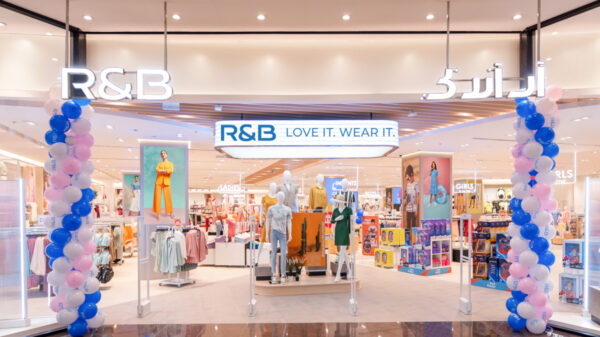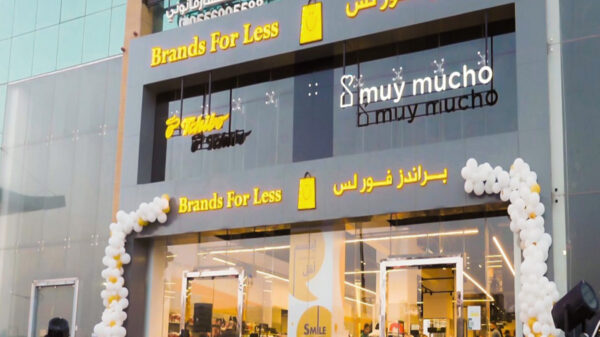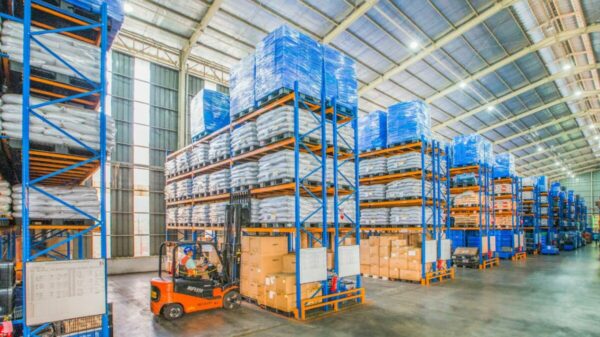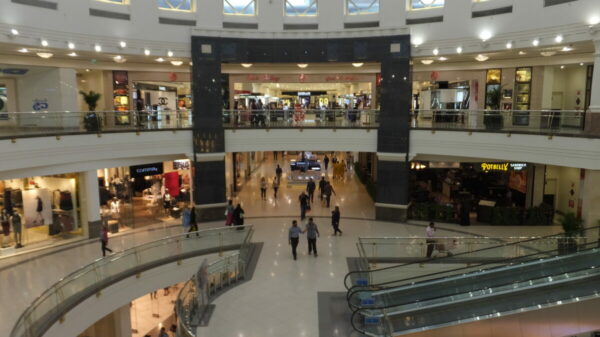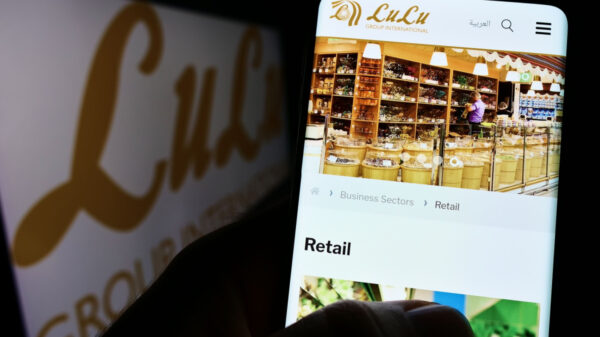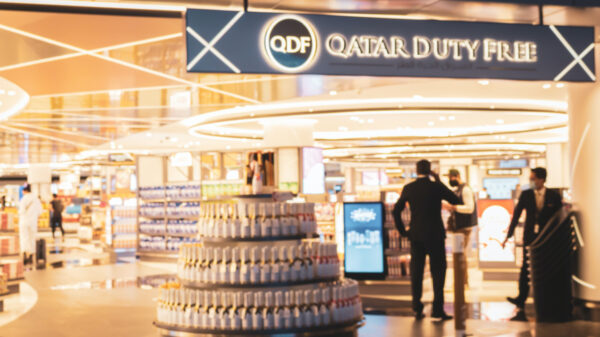With Ramadan around the corner, retailers in the UAE are heading for a festive season with price promotions.
Union Coop, LuLu Hypermarket and Carrefour have all announced deals and promotions to mark the beginning of the holy month.
ME Retail News sat down with Hakim Amar, head of retail partnerships Meta at market intelligence company GfK, to discuss if price promotions are the answer to increasing revenue.
“One of the key promotion periods of the Dubai Shopping Festival has just passed and within no time we are onto another key period of Ramadan. The coming months represent a major opportunity for brands in the consumer technology and durables sector to trigger volume sales.”
“For sectors such as small domestic appliances, the portion of business generated during DSF and Ramadan accounts for approximately 36 per cent of the full-year business.”
Despite increasing sales, price promotions are not useful for higher revenues, Mr Amar said.
“Analysis done by GfK between 2018 and 2021 showed some interesting findings. These indicated that brands which ran comparably fewer price promotions outperformed the market and increased their share of revenue.”
“Low-promotion brands increased their revenue share on a significantly higher level than the rest of the market between 2018 and 2020 in terms of revenue. This showed the importance of building brand value.”
“Brands with a high promotional activity were the worst performing”, he said.
Increasing the quantity of price promotions does not automatically help in boosting long-term revenue share, said Mr Amar.
“Other factors like accurate promotion planning, brand recognition, brand equity, consistent price position, distribution and/or product features may be more important for a brand to be successful.”
This year will pose economic challenges for the Middle East’s retail industry, said Mr Amar.
“Looking ahead, many economies are expected to enter technical recessions over the coming quarters, suggesting that hard times will continue for some time.”
Retailers that can adapt quickly to new technologies and enhance their e-commerce sites will be able to safeguard themselves.
They should understand what consumers want to buy, in order to increase footfall.
“Earlier, we saw mass market players like Carrefour stocking only regular PCs, while niche players like Sharaf DG or Virgin were displaying gaming machines. However, with the change in consumer behaviour, we now see regular stores keeping gaming PCs as well.”
Brands must also focus on creating separate deals for in-store and online customers, said Mr Amar.
“As we approach the peak festive season, retailers should adapt to changed online and offline pricing dynamics, apart from opting for less aggressive promotions.”
Retailers can also drive traffic towards their websites by further offering loyalty schemes and favorable payment options.
Sustainability is an increasingly important factor for consumers, said Mr Amar, adding that brands should begin to pay more attention to sustainably sourced products.
“Demand for sustainable products and services has persisted, despite the pressure on disposable incomes. This shows that consumers are prioritising sustainability. This focus is expected to rise steadily over the years ahead.”

